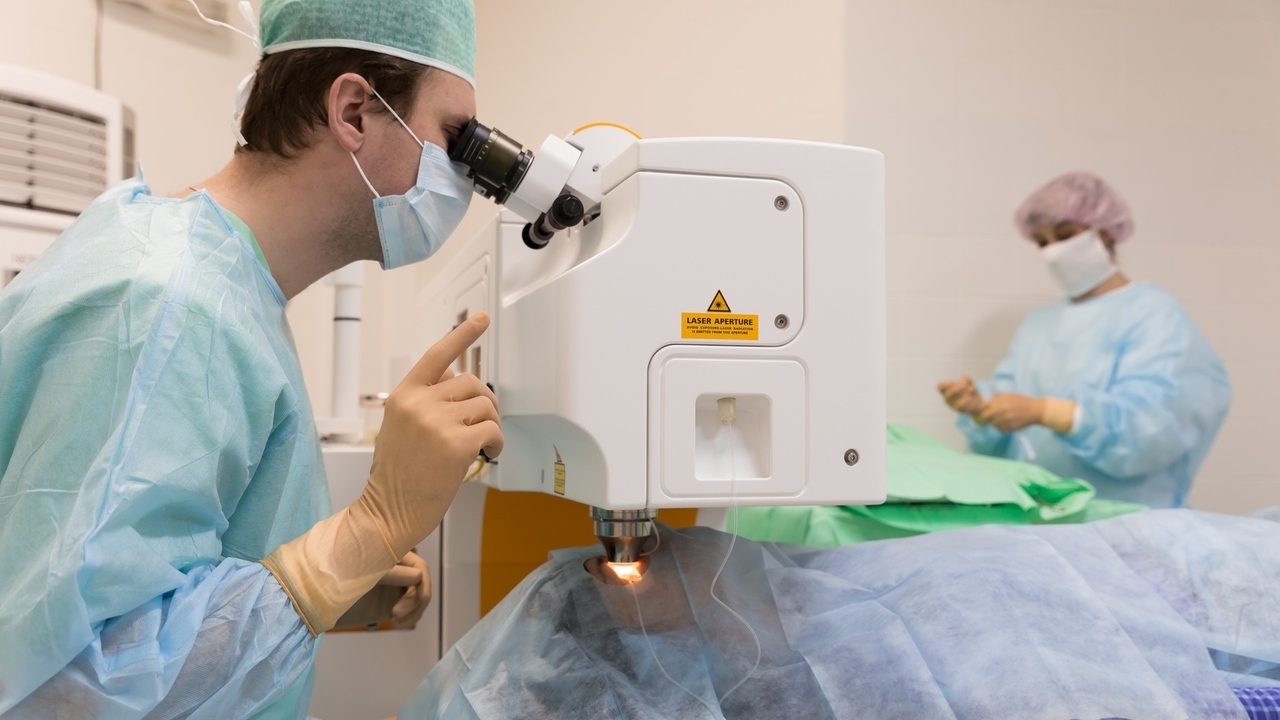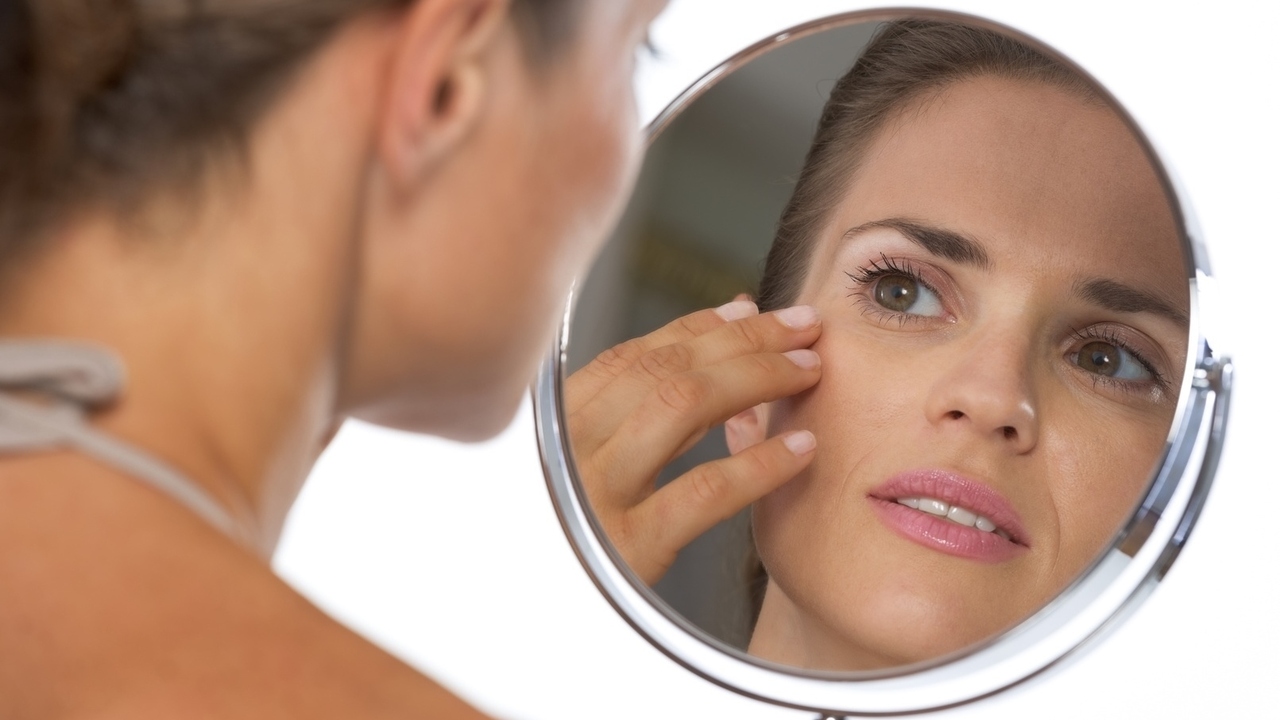 michaelvaulin/Fotolia
michaelvaulin/Fotolia
LASIK is a type of refractive eye surgery. LASIK stand for laser-assisted in-situ keratomileusis surgery. It can reduce or even eliminate the need for contacts or glasses. It does that by reshaping the cornea, so it better focuses light entering the eye.
A surgeon creates a flap in the cornea and then using a laser, reshapes it, thus correcting the eye’s focusing problems.
LASIK isn't for everyone. If you’re a good candidate for LASIK, you match these 13 descriptions:
1) You Have Stable Vision
You should have had stable vision over at least the past year.
2) You Have No Significant Eye Problems
LASIK is not recommended for people with previous corneal ulcers, keratoconus (a progressive thinning of the cornea), diabetic retinopathy, macular degeneration or glaucoma.
3) You Experience Moderate Degrees of Eye Troubles
Good candidates are people with moderate degrees of nearsightedness, farsightedness and astigmatism. However, for those who are nearsighted and have a high refractive error, the possible benefits of LASIK most likely won’t justify the risks.
4) Your Eyeglass/Contact Lens Prescription Is Stable
DoctorOz.com said that if your prescription isn’t stable, then LASIK might only fix your vision for a short period of time.
5) You Realize the Results May Not Be Perfect
A good candidate is someone who will be okay with having to wear glasses under certain situations, like driving at night, wrote WebMD.
6) You Don’t Have Dry Eye
If you have dry eyes, LASIK tends to exacerbate your condition.
7) You’re Clear of Blepharitis
This inflammation of the eyelids causes eyelashes to get crusty. This may increase the risk of corneal infection or inflammation after LASIK surgery.
8) You Don’t Have an Illness Which Affects Healing
Vision surgery is not for you if you have diabetes, HIV, lupus or rheumatoid arthritis.
9) Your Pupils Are Normal Size
Large pupils that open wide in dim light could result in symptoms such as glare, halos, star bursts and ghost images after LASIK.
10) You’re Not into Contact Sports
The U.S. Food and Drug Administration warned against LASIK for people who engage in contact sports or other activities where blows to the face and eyes are common.
11) You’re Over 18
Having the surgery too early in your life means your vision correction is only temporary. Furthermore, your vision will most likely decline as you age.
12) You Are Not Breastfeeding or Pregnant
Vision can fluctuate during both breastfeeding and pregnancy. That makes the end result from LASIK less reliable.
13) You Have Money to Pay for It
Most insurance premiums don’t cover LASIK.
To determine if you’re truly a good candidate for LASIK surgery, the best thing to do is talk with your eye doctor about your personal benefits and risks.
Reviewed March 31, 2016
by Michele Blacksberg RN
Edited by Jody Smith
"Am I A Good Candidate for LASIK?" Am I A Good Candidate for LASIK? Web. 24 Mar. 2016.
http://www.doctoroz.com/article/am-i-good-candidate-lasik
"LASIK Eye Surgery." LASIK Surgery: Is It Right for You? Web. 24 Mar. 2016.
http://www.mayoclinic.org/tests-procedures/lasik-eye-surgery/in-depth/lasik-surgery/art-20045751
"Knowing If You Are a Candidate for Refractive or Laser Eye Surgery." WebMD. WebMD. Web. 24 Mar. 2016.
http://www.webmd.com/eye-health/candidate-refractive-laser-eye-surgery
"U.S. Food and Drug Administration." When Is LASIK Not for Me? Web. 24 Mar. 2016.
http://www.fda.gov/MedicalDevices/ProductsandMedicalProcedures/SurgeryandLifeSupport/LASIK/ucm061366.htm



Add a CommentComments
There are no comments yet. Be the first one and get the conversation started!